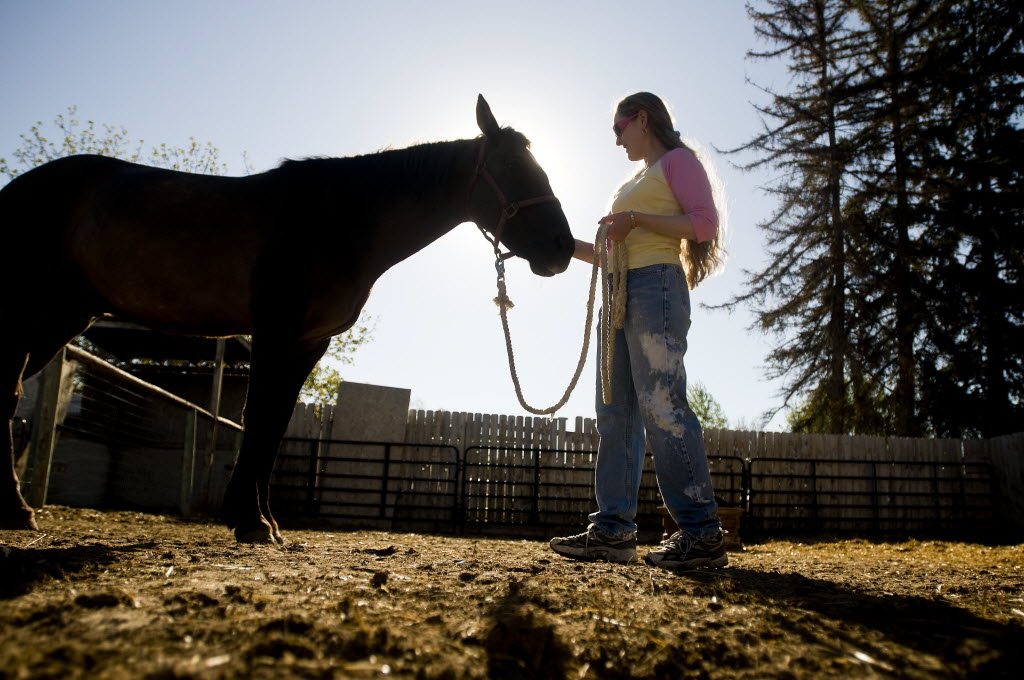OLYMPIA – Washington horse owners can begin to breathe a little easier, as it appears the recent outbreak of the neurological form of Equine Herpes Virus 1 (nEHV-1) has been contained. Concern about this potentially fatal disease of horses spread like wildfire throughout the state in May, causing many organizers to cancel long-planned horseshows, rodeos, trail rides and parades.
The state veterinarian believes that sufficient time has elapsed for signs of nEHV-1 to appear in horses exposed at the National Cutting Horse Association Western National Championships in Ogden, Utah, as well as their stable and pasture mates. Dr. Leonard Eldridge is recommending that any horse that has not tested positive, exhibited symptoms or been exposed to a confirmed positive horse be cleared for travel.
“I continue to recommend that horses that are confirmed positive for nEHV-1 or were exposed to a positive case be isolated for 28 days after all symptoms have cleared up,” said Dr. Eldridge. “While the animal may appear to have recovered, it can still transmit this highly contagious disease to another horse.”
Horse owners may lift the quarantine on positive or exposed animals 21 days after the end of symptoms if they receive laboratory confirmation that the animal is no longer contagious.
The state veterinarian’s office continues to recommend that event organizers request temperature checks of horses before and during events.
Eight horses tested positive for the disease in Washington, four of which attended the Ogden show. None died from the virus, although one horse was put down for an unrelated health condition.
“The prompt actions of horse owners across the state limited the transmission of disease,” said State Veterinarian Leonard Eldridge. “There is a lot of disappointment about cancelled events – that’s certainly understandable – but it’s a small price to pay to keep our animals safe from this potentially deadly virus. I want to thank all horse owners and the veterinary community for helping keep disease exposure to a minimum.”
Symptoms in horses can include fever, sneezing, slobbering and other mild symptoms. Serious cases of the disease are rare, but can include staggering, hind-end paralysis and even death of the horse.
The disease is spread from horse to horse through direct contact, on feed, tack and equipment. While people are not made sick by the virus, they can carry the virus on their clothes or hands. Horse owners should carefully wash their hands and equipment to prevent the spread of the virus.
Horse owners considering vaccinating their animals should consult with their private veterinarians.
More statistics about the Washington outbreak, guidance from the state veterinarian’s office and information on the disease can be found at www.agr.wa.gov and http://www.aaep.org/ehv.htm. Additional suspected or confirmed cases of nEHV-1 must be reported to the State Veterinarian’s Office at (360) 902-1878.



